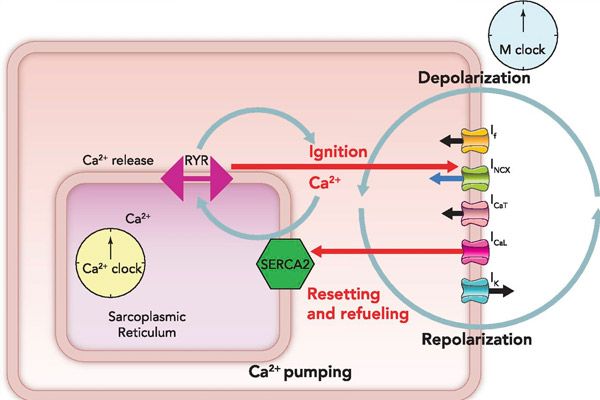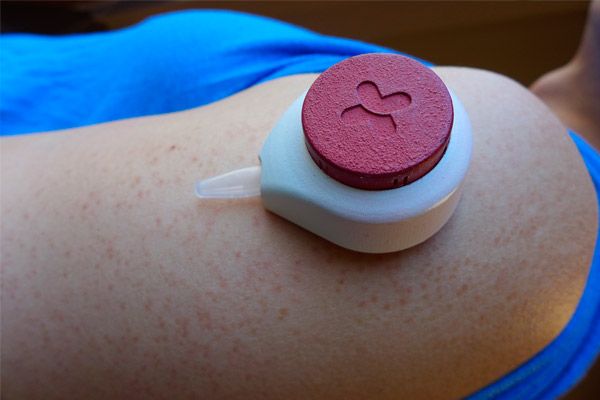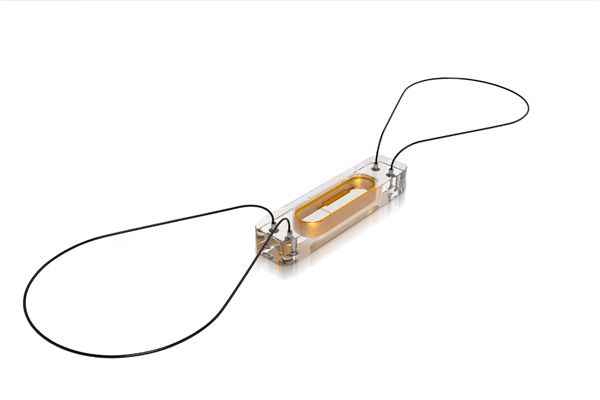New publications
5 medical inventions of the future
Last reviewed: 02.07.2025

All iLive content is medically reviewed or fact checked to ensure as much factual accuracy as possible.
We have strict sourcing guidelines and only link to reputable media sites, academic research institutions and, whenever possible, medically peer reviewed studies. Note that the numbers in parentheses ([1], [2], etc.) are clickable links to these studies.
If you feel that any of our content is inaccurate, out-of-date, or otherwise questionable, please select it and press Ctrl + Enter.
Medicine and science do not stand still, and today technologies that seemed like science fiction just a few years ago are entering our reality.
Almost any disease can be cured if detected at the very beginning of development. Even oncologists note that cancer in the early stages can be cured in 95% of cases.
Therefore, all experts agree on one thing - early diagnosis is an important stage in medicine, and scientists from all countries are trying to create more sensitive, accurate and accessible diagnostic methods.
Today, we can highlight 5 outstanding inventions that can become the basis of future medicine.
- A smartphone that diagnoses infectious diseases. A special sensor was developed by a team of specialists from the Moscow Institute of Physics and Technology. The ultra-sensitive tiny chip is capable of detecting substances even in very low concentrations. If there is an infection in the human body, the immune system begins to produce antibodies that are released with exhaled air.
Such a biosensor can be built into a smartphone and configured to recognize certain antibodies, and the diagnosis can be found in a special application. Experts suggest that after the appearance of various oncological biomarkers, a smartphone will be able to diagnose cancer at early stages.
- Smart lens. Google has developed an experimental lens that will allow you to determine glucose levels using tear fluid. The lens has a built-in biosensor with a microscopic sensor that transmits information to a special application that needs to be installed on your smartphone.
Currently, specialists are improving the development – the lens will be equipped with a safe LED that will begin to light up when there are serious changes in blood glucose levels.
- Intracellular clock. Genes are regulated by methyl groups. As a result of exposure, some genes are activated, others, on the contrary, are blocked.

Recently, a group of researchers has proven that throughout life, a number of changes occur in the body and each age has its own model of DNA methylation, in other words, an epigenetic clock. Methylation will allow us not only to find out the biological age of the body, but also to determine the likelihood of developing heart and vascular diseases, oncology, diabetes, etc.
- Painless Blood Testing. Elizabeth Holmes, a Stanford University student, has improved the traditional blood test method so that it is now completely painless. For her work, the girl received the title of Queen of Biotechnology.

According to the Holmes system, up to 70 indicators can be determined from a drop of blood from a patient’s finger in just a few hours, monitoring the effectiveness of treatment and identifying diseases at early stages.
- Champion. The Champion system is designed specifically for patients suffering from heart failure.

A small device is inserted into the pulmonary artery and if the readings deviate, a signal is sent to the attending physician’s computer, which allows for a timely response and prevention of an attack before the first symptoms (pain, shortness of breath, etc.) appear.

 [
[